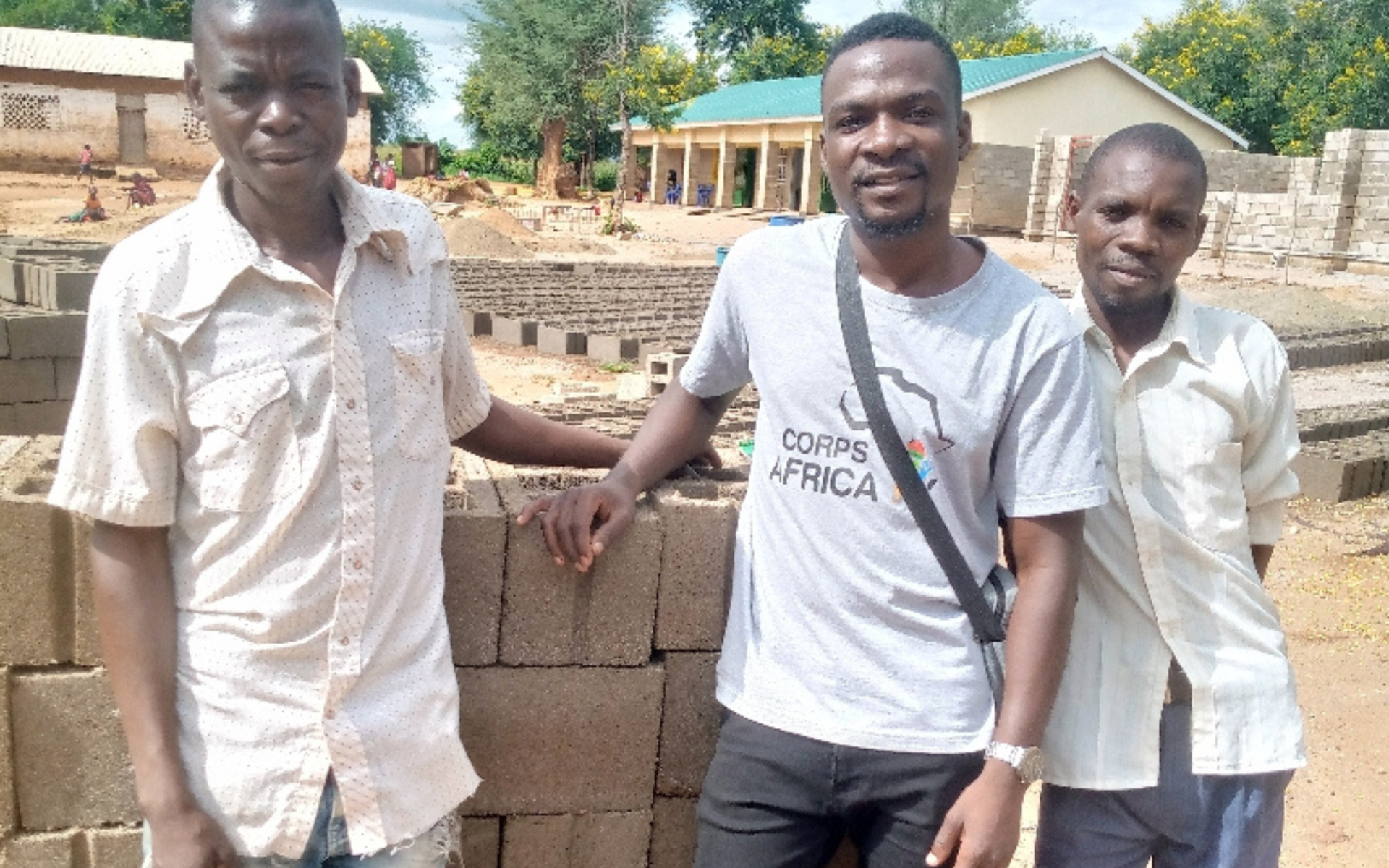Weather is arguably a key determinant of what services are available to those in need of them. This is so because other services are best delivered in certain weather conditions and not the others. Air services, for instance, are limited during heavy rains and cloudy days yet it is the best time for rain-fed agricultural services.
Due to weather changes, communities have somehow become predictable in what they do to match the conditions. We have come to normalize that in Malawian wedding ceremonies are better suited after the rainy season because people are less engaged with farming activities but also have what it takes to manage wedding expenses.
Leveraging the impact of weather on service delivery, one could think almost every service is halted by changes in weather conditions. Alas! I would urge you to write that off your mind.
Following deployment as a CorpsAfrica Volunteer during the last quarter of 2023, Malawi has experienced hot and rainy seasons. However, I have seen myself and observed fellow Volunteers not slowing down at any pace. Others may claim such consistency is in response to the constant demands of the weekly reports, bi-weekly surveys, and monthly reports demanded by the office from every Volunteer. My experience has a lot more to explain beyond adherence.
It is through volunteerism that I have seen myself defying the intense heat from the roaring sun of the Lakeshore areas, to meet fellow community members for empathy-building conversations, plan for activities, and implement the activities in a bid to make our community a better place for us.
“The sun is just too much, are we sure we will do this?” Asked one community volunteer as we were about to start a door-to-door visit during a Cholera Prevention Campaign across the community. This was in October, the hottest of all months during the summer in Malawi.
“Without any doubt, yes,” I responded.
“If not today then when?” I asked though with a continuation to explain the timing of conducting the activity during this month.
In November, the country expects to start receiving rains, and cases of Cholera rise. As such, the execution of the activity in October was a capacity building on Cholera preventive measures before the onset of its season.
Then, came the rainy season. Almost every community member got engaged in farming activities in their crop fields with excitement that the rains would help them produce enough food and excess cash.
On the other hand, some looked in despair as the rain signified the genesis of troubles.
Among them are the elderly living on their own or living with their grandchildren left by their parents in search of greener pastures far from home.
Such families mostly live in dilapidated houses that can be easily taken down by heavy rains. The rains render their safety and that of their little belongings at a rope edge. Anything can happen!
Observing how such families fared after the onset of the rainy season, a community reaction was needed. Among many proposed solutions, it was agreed that I work with a youth club and help some identified families thatch their houses and make them conducive.
Through community philanthropy, we raised money enough to purchase a roller of plastic paper and reached out to the 3 most affected and deserving households.
Reflecting on other activities conducted along these diverse weather conditions like the establishment of kitchen gardens, tree planting the campaign against Gender-Based Violence, and many others likely to be implemented during the coming winter season I came to understand that volunteerism is a service that beats almost other services for it does not know and consider any weather.

